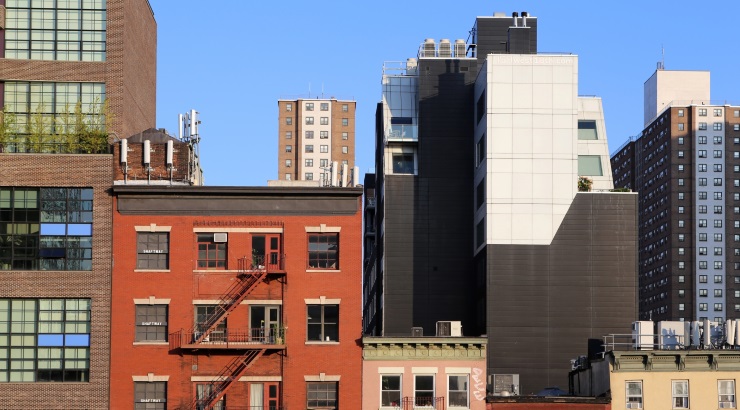Residential Projects
How the World’s Top Cities Are Fighting Rent Increases
Controversial rent control ideas are emerging across major cities.

The world’s top cities face mounting pressure on their housing markets, primarily in rental charges that have priced out even the high-income earners in some exclusive areas.
Amid this pressure, controversial rent control ideas are emerging across major cities globally – all geared towards making housing more affordable to residents.
From dishing out yearly rental subsidies to freezing rent hikes for up to five years, here’s how the world’s top cities are fighting rent increases.
1.) New York
Property investors have been making a killing by converting rent-regulated apartments to market-rate units – which has seen about 300,000 rent-controlled apartments vanishing in New York alone since 1994, fuelling gentrification of the expensive city.
But on June 24, 2019, lawmakers in New York approved landmark changes to the city’s rent laws to fight rent increases in NYC and strengthen protections for the 2.4 million people who live in its rent-regulated apartments (nearly half of the city’s renters).
The new law abolishes rules that allow landlords to increase rents when an apartment changes hands. It also prevents new tenants from being charged for extensive renovations through rent hikes. The new laws are expected to slash rents by 20-45 per cent.
2.) Berlin
In June last year, the Berlin government approved a five-year freeze on rents to tame the soaring housing costs in the German capital. This came after a massive outcry over rent hikes.

“With the new law we want to stop the serious rent increase in recent years and calm the overheated rental market,” Berlins housing senator Katrin Lompscher said.
3.) Paris
Starting July 1, 2019, the French capital started applying rental caps. In doing so, authorities reinstated a rent control measure that had already been deployed between 2015 and 2017 to make houses more affordable.
The rent caps will augment another measure in place for several years restricting huge rent hikes when apartments change hands between tenants.
However, to the delight of landlords, Paris is seeking to ban short-term lets in the city centre to ward off pressure exerted on housing by the increasingly popular Airbnb.
4.) Barcelona
Barcelona rents have risen 35 per cent since 2010 partly due to the escalation of the profitable vacation let apartments driven by Airbnb in the Spanish coastal city.
To counter this trend, Barcelona officials have forced thousands of short-let apartment owners without tourist licenses to stop their businesses. The city has also stopped issuing new licences for such short-term lets.

The government is taking this issue so seriously that it has hired workers to comb through Airbnb ads to identify those who continue to run short-term lets without approval.
5.) Vienna
Thanks to its large stock of social property, Vienna is arguably the “capital with the most affordable housing”.
The Austrian city has an interesting housing market: 60 per cent of Vienna’s 1.9 million inhabitants reside in apartments owned by cities or non-profit developers. This arrangement helps to keep rental values down.
RELATED: IHS to Build 200 EDGE-Certified Green Homes in Limuru
Vienna keeps the qualifying cap for social housing high at $3,728 on a 14-month basis for an individual and $7,108 for a family of four, meaning such homes remain within reach for middle-class families.
Critics, however, argue that the rules fail to take into account changes in incomes or family structures.
6.) Stockholm
The Swedish capital has one of the world’s most authoritarian housing markets. Rents are tightly regulated by the government, and determined annually through cooperation between property owners and tenant associations.
This brings with it a load of trouble. On average, it takes 10 years to be granted a rent-controlled property – 20 years in some of the most popular neighbourhoods. The waiting list is so long that it was considered by the Guinness Book of World Records in 2016.
This has brought about a black market where would-be tenants desperate to find an apartment either buy a lease with a cash top-up or sublet without the necessary permission.














